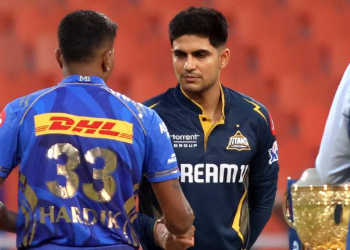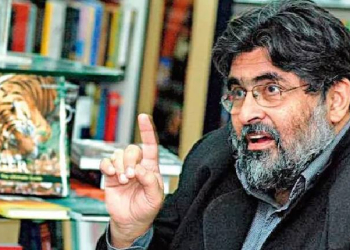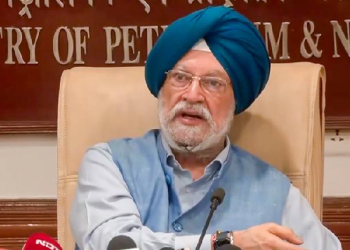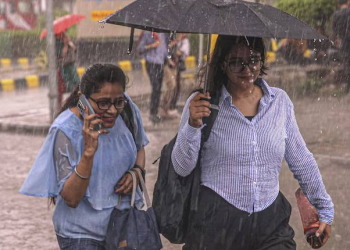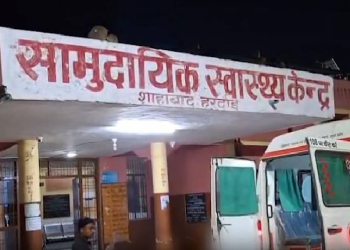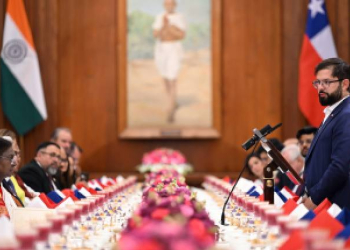New Delhi: The Supreme Court on Tuesday held that no additional restrictions other than those prescribed under Article 19(2) of the Constitution can be imposed on the right to free speech of a citizen, emphasising that restrictions under Article 19(2) are exhaustive.
A five-judge constitution bench, headed by Justice S.A. Nazeer and comprising Justices B.R. Gavai, A.S. Bopanna, V. Ramasubramanian, and B.V. Nagarathna, delivered the verdict. However, Justice Nagarathna delivered a separate judgment.
As per Article 19(2) of Constitution, the state can impose reasonable restrictions on the exercise of the right of free speech in the interests of the sovereignty and integrity of India, the security of the state, friendly relations with foreign states, public order, decency or morality or in relation to contempt of court, defamation, or incitement to an offence.
Justice Ramasubramanian, who authored the majority judgment, said: “The grounds lined up in Article 19(2) for restricting the right to free speech are exhaustive. Under the guise of invoking other fundamental rights or under the guise of two fundamental rights staking a competing claim against each other, additional restrictions not found in Article 19(2), cannot be imposed on the exercise of the right conferred by Article 19(1)(a) upon any individual.”
The top court said a fundamental right under Article 19/21 can be enforced even against persons other than the state or its instrumentalities. “The state is under a duty to affirmatively protect the rights of a person under Article 21, whenever there is a threat to personal liberty, even by a non-state actor,” he added in the 179-page judgment.
One of the five questions referred to the constitution bench said: ‘Can a statement made by a minister, traceable to any affairs of state or for protecting the government, be attributed vicariously to the government itself, especially in view of the principle of collective responsibility?’
On this, Justice Ramasubramanian said: “A statement made by a minister even if traceable to any affairs of the state or for protecting the government, cannot be attributed vicariously to the government by invoking the principle of collective responsibility.”
Another question referred to the bench said: “Whether a statement by a minister, inconsistent with the rights of a citizen under part three of the Constitution, constitutes a violation of such constitutional rights and is actionable as constitutional tort?
The bench said: “A mere statement made by a minister, inconsistent with the rights of a citizen under Part III of the Constitution, may not constitute a violation of the constitutional rights and become actionable as constitutional tort.”
It further added that “but if as a consequence of such a statement, any act of omission or commission is done by the officers resulting in harm or loss to a person/citizen, then the sameAmay be actionable as a constitutional tort”.
The case originated from a statement made by Azam Khan, then Uttar Pradesh minister, about gang-rape case victims. The top court was hearing a plea filed by a man whose wife and daughter were allegedly gang-raped in July 2016 on a highway near Bulandshahr seeking transfer of the case to Delhi. The plea also sought lodging of a case against Khan in connection with his controversial statement that the gang-rape case was a “political conspiracy”.
In October 2017, a three-judge bench referred the matter to the constitution bench to decide various issues, which included whether a public functionary or a minister can claim freedom of speech while expressing views on sensitive matters.
(IANS)



